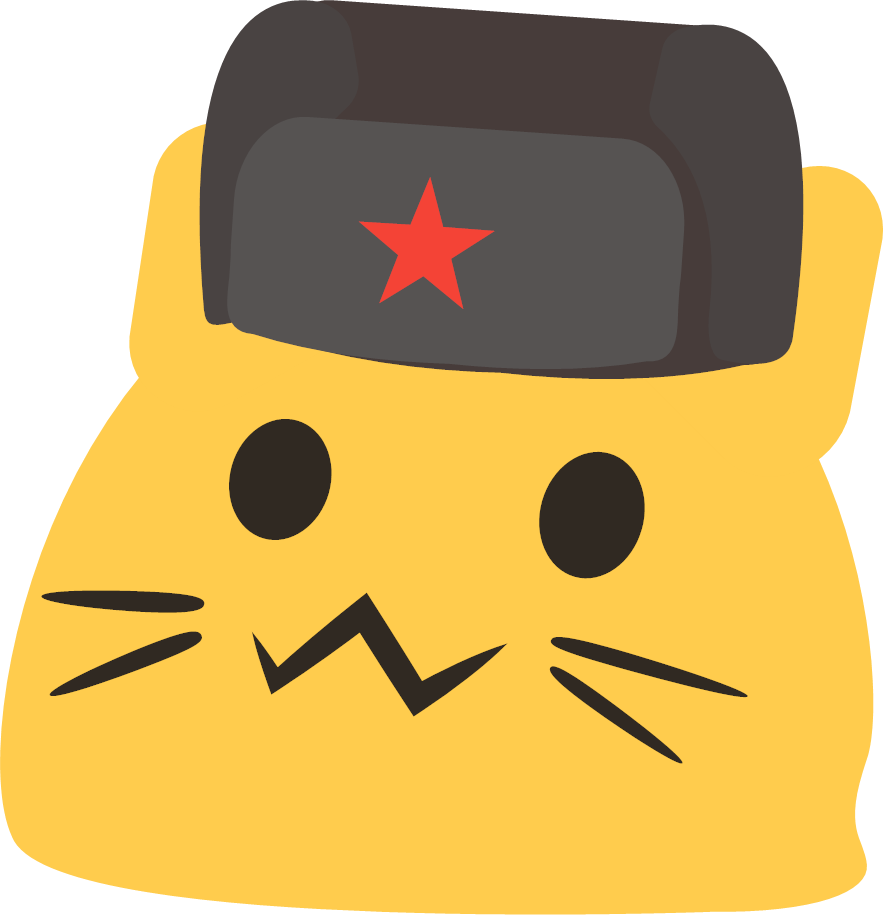I’m doing a research project on evaluating Communist party support in the context of the application of Socialism with Chinese Characteristics, relating widespread support for policies with the relevant socialist theory. Anyway, while doing research I stumbled across this usage of K-means clustering to analyze the data and with this application of a data analysis tool, the support for the party, while still high, varies greatly from what is initially suggested from the surveys.
Looking at it I find some of the justifications they use for describing typologies a little fishy. The questions asked are whether or not you trust the CPC on a four point scale with 1 being not at all and 4 being high amounts of trust, with the second question being about support for the one party system using the same scale. In any case they use K Clustering to break these groups into the four possible typologies and cluster the two of the middle groups together under the justification that people can be “ambivalent”. However, this feels like unnecessary simplification of the clusters in order to present the “ambivalence” as being more varied than it is. Just because people might have incoherent views on the issue doesn’t mean they do and presenting the issue as that feels like it could be “gerrymandering” data. I’m completely open to my speculations and reservations being completely off base, this is very estranged from my major, but I thought I would ask her for some help in understanding it.
You guys are pretty smart sometimes 
The part I’m discussing occurs on page 56 where they begin to explain their statistics and methods.


Ah, the illusion of choice. Does anyone think western opinions of China would improve if they had two competing Communist parties rather than one big CCP?
It does feel like US/UK fetishization of choice leads to some awfully nasty negative externalities, without ever yielding the kind of popular candidates that these liberal democracies claim to venerate. If Donald Trump and Joe Biden were part of the same singular national party, I honestly think the US might be run better (or, at least, smoother) than in its current state. That’s primarily because you wouldn’t have enormous chunks of the popular base for each candidate driven the hysteria after every election cycle. How much time and labor and materials go into creating a boogeyman out of your rival and then spending the next six months to a year engaging in public flagellation at the impending success or failure of the given candidate?